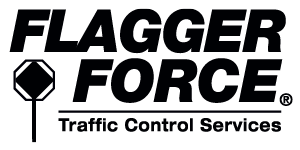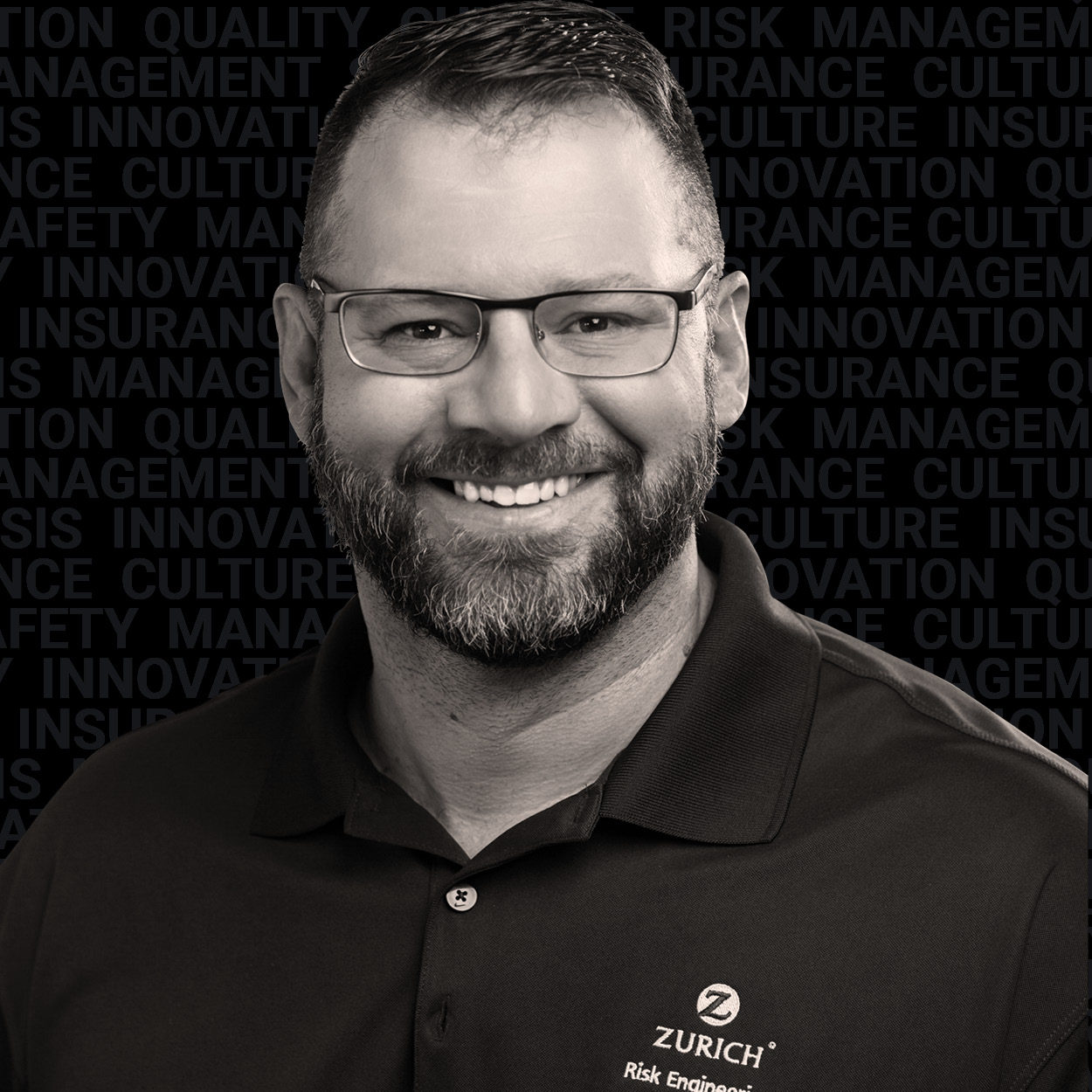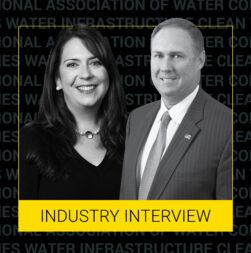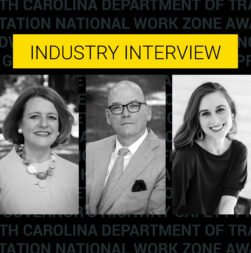Steve Reinoehl, CRIS, vice president of risk engineering for Zurich Insurance, has been with the company since 2003. Steve has more than 20 years of experience in safety consulting and risk analysis in a wide rage of industries such as manufacturing, power plants, and construction.
Flagger Force: What are some of the challenges and opportunities you are seeing in the specialty construction & utility sectors?
Steve Reinoehl: One of the major challenges, no matter the industry, is workforce development and staffing. There are not enough qualified staff in the trades space to complete the amount of work that needs to be done. This is more than just having “bodies,” it is about developing and retaining individuals with the skills and qualifications required to keep up with economic expansion and the billions of dollars of needed infrastructure repair and improvements. There are exciting opportunities along these same lines with innovation in this area. Right now, there is more venture capital being invested in technology that supports construction productivity and to curb the labor shortage. Again, these are long-term investments with technology and innovation in the marketplace that offer great opportunities for beneficial futures for the industry.
Flagger Force: Has there been any research done to back up the need for workforce development programs?
Steve Reinoehl: Zurich is an active member of Construction Industry Institute (CII) and sponsored research for the CII team to complete a three-year study to evaluate the workforce development programs in the United States and how they compare to other nations. Out of this, we identified areas for improvement on a national basis and shared them with industry leaders to educate them on the significant challenges and opportunities in front of us. These are not short-term solutions; these are long-term investments in the future of our workforce and the education of future generations on the types of work available. Increased investments in training, mentorship, and technology are required coupled with a balance in federal educational funding for a sustainable workforce for the future.
Flagger Force: How does workforce development and other labor shortage issues affect risk management?
Steve Reinoehl: If you look at our current situation, we have a generation of highly skilled workers (carpenters, plumbers, utility workers) who will be leaving their jobs for retirement in the next five years, and there is not a significant amount of candidates coming in now, or even five years ago. It takes several years to regenerate the skills and experience that those individuals had. From a risk management perspective, statistics show that employees that are new in their careers in the field are at a higher risk for injuries. But long term, what happens when the quality of work that is being put in place does not last for a normal duration, such as construction defects? With an inferior product and lack of quality skilled inspections, it impacts the insurer, which become claims that affect the company itself. Poor installation process leads to construction defect claims that cause insurance payouts. This is where companies can perform a self-risk assessment on their own policies to see where there are potential holes in processes to ensure that they are not only protecting themselves, but others from harm. When evaluating companies for risk, our engineers look at workforce development programs, because it shows that companies are taking the future of risk potential into consideration. We also look at the safety practices and education processes in place to train or develop employees to reduce the potential for risk.
Flagger Force: How has management of risk changed in the construction industry over the past several years?
Steve Reinoehl: It has improved dramatically over the last 20 years. And I think there’s been even a sharper increase in the last five years. There are many companies that just a few years ago may not have had a dedicated risk manager or a dedicated safety manager in place to help monitor, maintain, and more importantly, lead the organization to improve management and safety. The complexity of the work that is now being performed, requires that there be much more attention and focus on risk management, whether it be the financial risk management or personal risk management, people are the most important asset that we have. Because without our people, we
do nothing.
Flagger Force: What would you like people to know about Zurich?
Steve Reinoehl: We are an insurance company that looks at the quality of risk, but it is important for us to look at ways to save lives, improve our contractors’ method of risk management, and to be a partner in the marketplace. We are advocates for risk management and safety throughout the construction industry.




